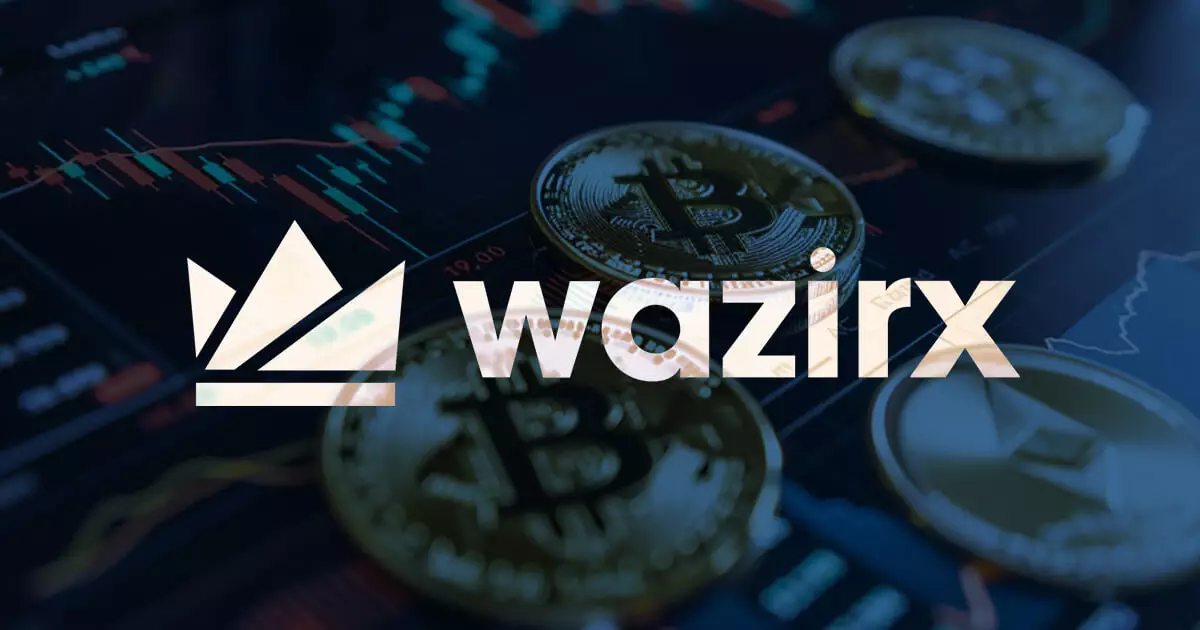In July 2024, WazirX, one of India’s largest cryptocurrency exchanges, faced a monumental security breach that shook the confidence of its user base. The perpetrators, identified as the notorious Lazarus Group, managed to steal approximately $235 million by exploiting vulnerabilities within WazirX’s multi-signature wallet system. This breach not only affected the finances of the exchange but also instilled fear regarding the safety of assets held on centralized platforms, prompting a significant conversation about the security practices of such entities in the cryptocurrency space.
The aftermath of the hack was chaotic for WazirX, affecting hundreds of thousands of its users and exposing the vulnerabilities inherent within centralized exchanges. The digital assets that users believed were secure became a point of contention, leading to heated discussions about trust and accountability within the crypto community. The use of Tornado Cash, a privacy tool used by the hackers to obfuscate their transaction trails, further complicated recovery efforts, making it difficult for authorities to track the laundering of the stolen funds.
The exchange’s immediate response was to implement an emergency recovery plan designed to mitigate financial losses. However, the decision to freeze 45% of users’ accounts by converting their balances into USDT, while allowing only 55% for trading, was met with backlash. WazirX users criticized the platform for effectively “socializing losses,” arguing that the asset freeze unfairly shifted the financial burden onto the very customers the platform was supposed to protect.
This reaction underscored an escalating disenchantment with centralized exchanges. Users expressed frustration over WazirX’s interpretation of security and risk management, which seemed to prioritize the company’s interests over those of its users. Within a matter of weeks, the exchange reversed its earlier stance, restoring all account balances to their pre-hack levels, and nullified trades made after the incident. This pivot aimed to alleviate user discontent, yet it raised questions about the exchange’s management and decision-making processes during crises.
In light of this tumultuous experience, WazirX announced plans to launch a decentralized exchange (DEX) by early 2025, a strategic shift expected to instill greater confidence among users. Co-founder Nischal Shetty emphasized that the proposed DEX would empower users by granting them full control over their assets, a stark departure from the security risks associated with centralized exchanges. By eliminating counter-party risks, the DEX aims to provide an environment where users feel safer and more secure in their trading activities.
The DEX is not just an operational shift; it symbolizes a broader industry trend toward decentralized models as a means of enhancing security and user control. The introduction of a native token is also part of the plan, which will facilitate governance and transaction fees within the decentralized ecosystem. Community governance mechanisms could potentially align the interests of the exchange and its users, fostering a sense of ownership and involvement in the platform’s future.
Despite the optimism surrounding the DEX announcement, WazirX still faces significant hurdles. The ongoing dispute with its former custody partner, Liminal, regarding the responsibility for the hack highlights the complexities of accountability in the crypto space. Each entity has exchanged blame, muddying the waters for users seeking clarity. This unresolved situation only adds to the unease of customers as they navigate the fallout from the breach.
Moreover, transitioning to a decentralized model presents its own challenges. WazirX must attract users to a new platform while ensuring the DEX operates seamlessly alongside its existing centralized services. Questions of regulatory compliance, scalability, and user education remain crucial areas that need strategic attention. The company’s ability to effectively address these issues will determine the success of its DEX initiative and its reputation within the broader cryptocurrency landscape.
WazirX’s decision to embrace decentralization reflects a growing recognition among cryptocurrency exchanges of the need to prioritize user security and trust. As more users become aware of the risks of centralized platforms, the shift to a DEX model could emerge as a vital step in reassuring both current users and potential newcomers. Ultimately, the exchange’s ability to navigate the complexities of this transition while reinforcing its commitment to security will be crucial in restoring its credibility in an industry where trust is paramount.














Leave a Reply